Yes We Have Bananas
We left Cuenca early Wednesday morning not knowing what to expect or how the day would turn out. We (Mio Tours and I) were exploring a new tour opportunity and I was very anxious to investigate what lay ahead. The only drawback was it was a 3 to 3 1/2 hour trip and if the road is not in good repair, which it wasn’t, it could be a challenge to this old man! I had a positive attitude none the less as I really wanted to see the insides of a Banana Plantation and a Cacao Plantation. More on the Cacao plantation in the next post.
We drove through a bevy of various terrains and road structures from great asphalt and concrete highways to rock paths being made into a highway. Some were very rough and required a slow progress and almost 4 wheel drive terrain. After going through a desert landscape that reminded me of Arizona, SW Utah or NW New Mexico we finally came out of the foothills of the Andes and hit the coastal geography.
We left Azuay province and entered El Oro province which is a tropical coastal region and has a plethora of Banana plantations. In fact it contains more Banana growth than anywhere in the world. There are literally Banana trees beside the highway for miles and miles. We picked up our host Byron Trujilo Erazo in Pasaje a town of about 100K population. Mr. Erazo was the owner of the 40 acre Banana Plantation we were touring and joined us for the 10 minute ride to his Banana Plantation.
As we entered the Plantation I was awestruck by the quantity of Banana trees and was curious how many bananas he produces. Mr. Erazo told us that he gets 700 boxes of bananas per acre and harvest bananas three times a year. You do the math. I also asked who he sold his bananas to and he told us Chiquita Brands. He told me he has 16 full-time employees that live on the plantation and a massive amount of part-time help as needed.
We arrived an area that serves as a processing and shipping center and I was stunned by the amount of stalks of bananas hanging and ready for cutting. I learned that they let a parent tree grow and when the second generation starts to come up they pick the strongest offshoot and destroy the remaining shoots. This way the trees maintain appropriate sunlight and all continue to produce bananas all year-long.
The system they used to cut the stalks and transport them to the ship[ping center consisted of a set of poles in an upside down horse shoe type construction. Underneath these poles ran a strong wire that the farmers would slide the stalks along until it got to the central warehouse. It saved many a back I am sure and was faster, so more bananas could be harvested.
The warehouse consisted of various tanks that the bananas are dipped in to remove the dirt and insects before packing. They then are dried and placed on a conveyor belt. The final step is putting the individual banana groups in the boxes, after they have been separated from the main stalk. The groups average about 12 bananas. It is quite an operation and because of a miscommunication we did not get to experience the actual cutting and processing of the banana stalks. Next time I am sure we will participate and he explained that they only process ripe stalks on Wednesdays and Thursdays. So the tours have to be on those days going forward. I also missed out on the Banana Cake that will be part of the tour. Darn!
Posted By atAugust 23, 2013
Food
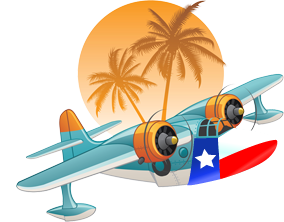
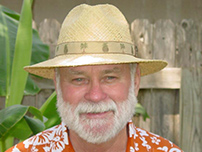
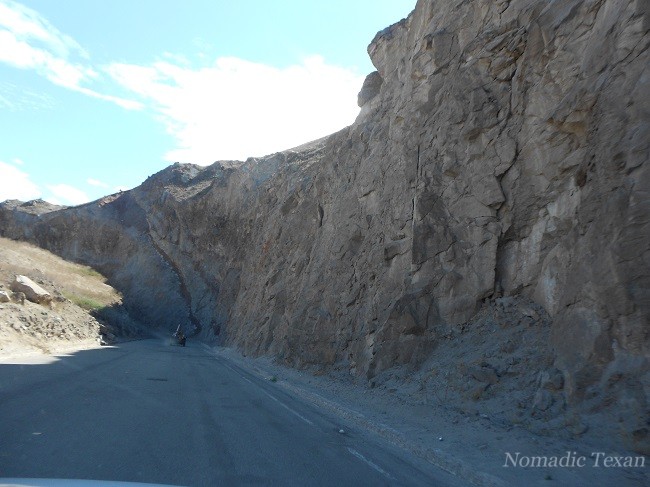
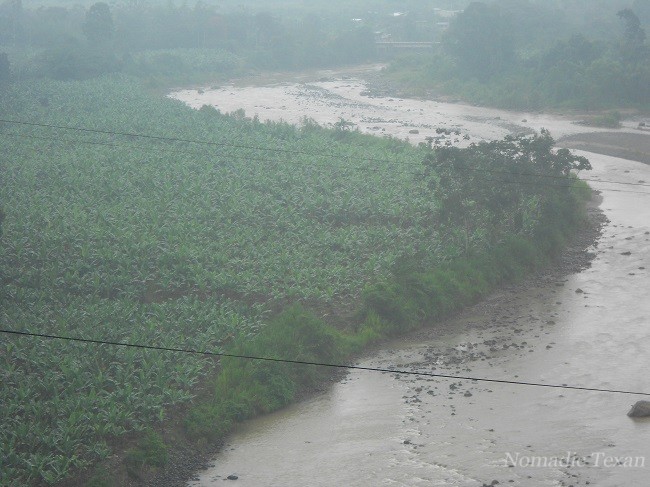
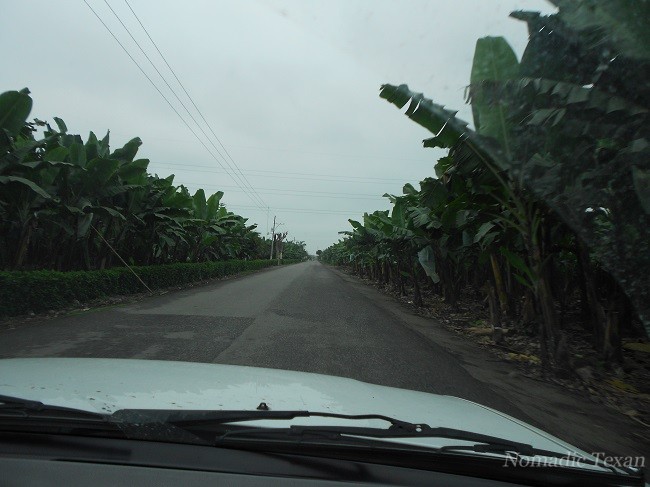
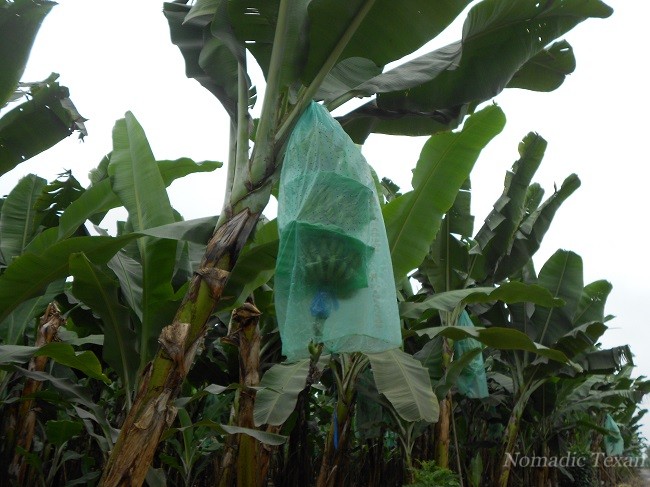

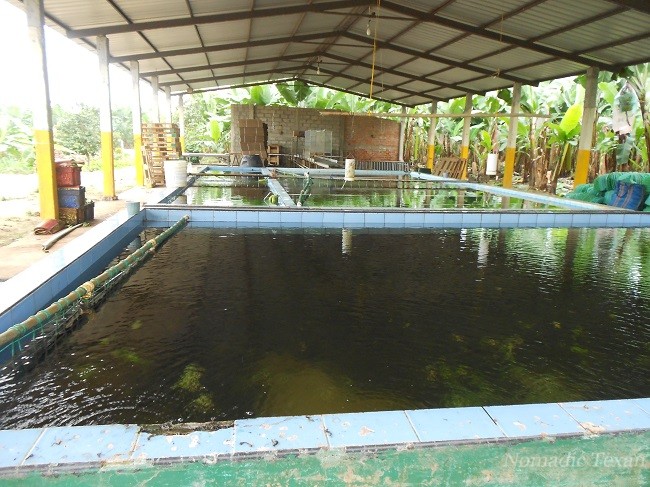
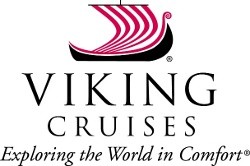

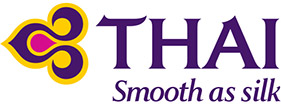
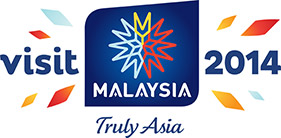




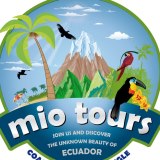

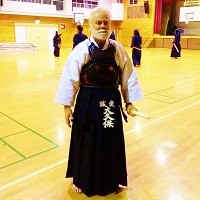

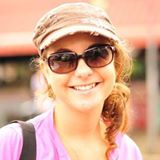
Nice article. We got to experience a banana factory in Costa Rica the last time we were there. Quite intersting.
Carolyn,
Thank you kindly for stopping by and leaving your thoughts. More to come on the Cacao plantation, which was my favorite portion of the tour! Saludos!
Mike